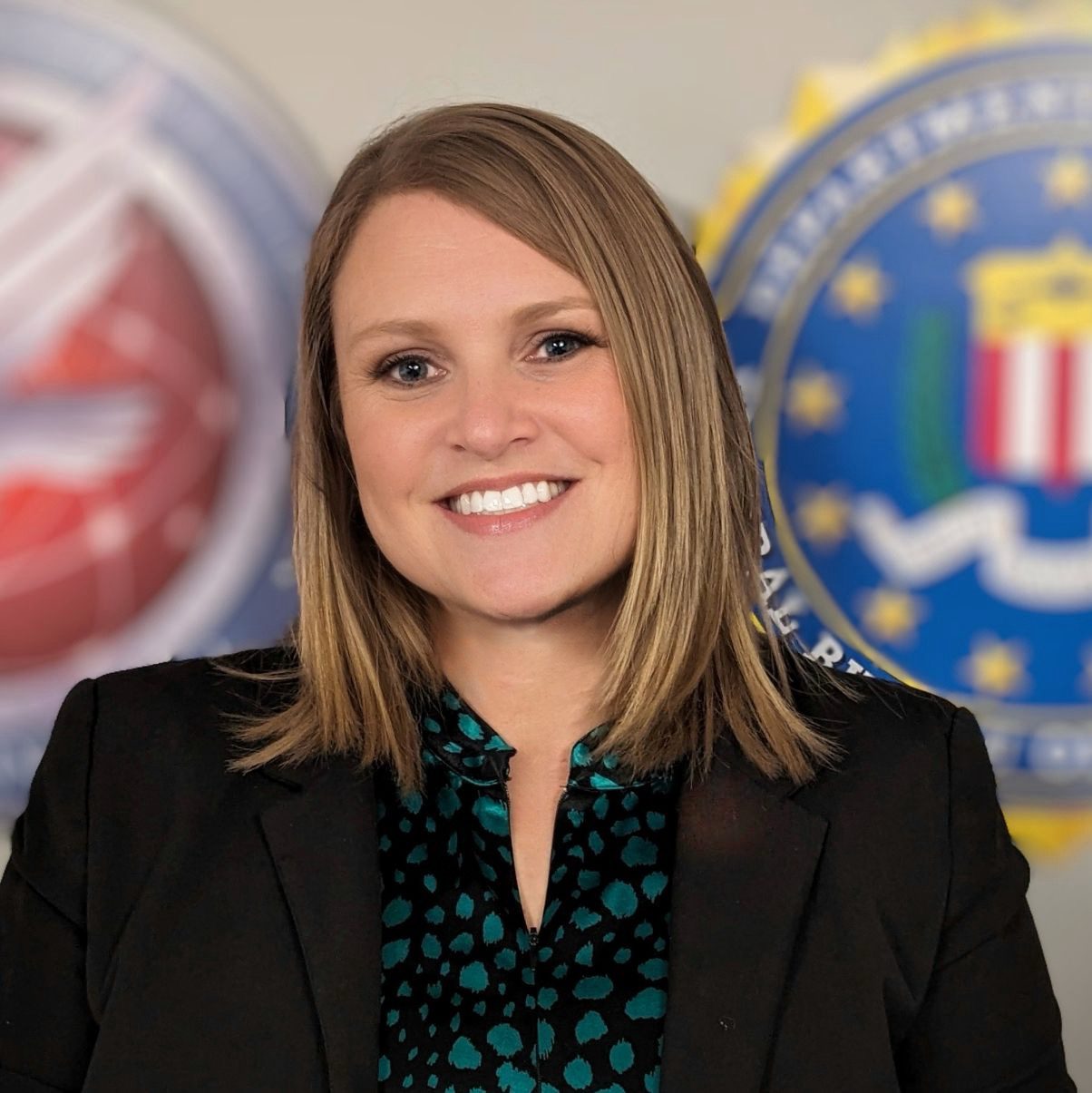
Cynthia Kaiser
Deputy Assistant Director, FBI Cyber Division
Cynthia Kaiser’s biggest recent achievement was leading FBI efforts — and working alongside the FBI’s partners — to hunt down, understand and ultimately stop foreign cyber operations from compromising critical infrastructure. This past year, the FBI and its partners identified cyber actors located in China, Russia and Iran that compromised operational technology networks in U.S. critical infrastructure entities — efforts which, if successful, could cause damage in U.S. communities.
Countering these threats is why the FBI is committed to assisting victims and making it harder, and more painful, for these actors to succeed, including, when possible, taking them offline entirely. For Kaiser and her teams, that has meant conducting intensive data and other analytics to find the actors, working with federal and private sector partners to identify and notify victims, developing technical operations to remove actors’ access to infrastructure, and proactively making public the information necessary to help prevent future compromises, including sophisticated and unsophisticated tactics currently used by malicious actors.
“One of the most important things to know about the FBI is that our mission revolves around assisting current victims and preventing others from becoming victims in the future,” Kaiser said. “It’s easy to get caught up in thinking that warnings are only useful when they describe something complex or new, but the majority of compromises across the U.S. occur through fixable problems that people may not be closely tracking. That’s why it’s so important for companies to engage with the FBI as early as possible, ideally before an intrusion actually occurs, so that we can develop relationships, inform about the ways FBI can support, and highlight useful information about ongoing cyber activity.”
Why Watch
In 2024, Kaiser and her team are sharpening their focus on how generative AI will shape the near future of cyber operations and cyber defense. Of course, AI could dramatically increase malicious cyber actors’ abilities to conduct cyber operations that impose great personal, businesses and societal losses. But it could also make the U.S. more efficient at defeating cyber operations, improving threat detection and incident response.
Going forward in this space, Kaiser and her team are focused on tracking the threats, creating structure around the conversation for talking about these threats, and learning how best to help companies counter these threats. Partnerships are going to be critical today, and going forward, in keeping the AI balance weighted toward cybersecurity and defending U.S. innovators building the next generation of technology.
“Cynthia is extremely passionate about the FBI’s cyber intelligence program,” said FBI Cyber Division Assistant Director Bryan Vorndran. “She is passionate about unmasking adversaries and improving our cyber defense through information sharing and joint government production. She’s also willing to tackle emerging threats like our adversaries’ use of artificial intelligence.”
Fun fact: Kaiser is deeply involved in Girl Scouts and Scouting America, which is an extension of her love of mentoring and education. She loves helping these children find and grow their interests and skills, all while instilling in them a sense of self-confidence and community responsibility.

